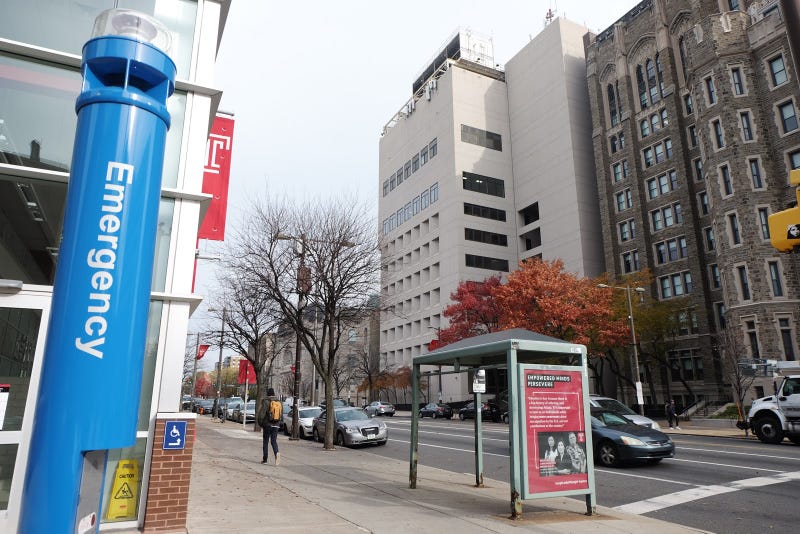
PHILADELPHIA (KYW Newsradio) — Temple University updated its campus safety plan as it continues its efforts to curb violence on and around campus.
Ken Kaiser, Temple’s senior vice president and chief operating officer, highlighted the recent changes in a note to the school community on Wednesday.
“I write this message at a time when the city of Philadelphia is facing an unprecedented crisis of gun violence. The unspeakable acts of violence taking place near campus simply are not acceptable,” Kaiser wrote.
Temple has been working on beefing up its public safety efforts in the wake of several violent incidents in the last several months. The update was released days after police said a 15-year-old boy shot two girls who were in a car at Broad Street and Cecil B. Moore Avenue. The 15-year-old, who police said was involved in two other shootings, was arrested, along with a 14-year-old.
Temple students were not involved in the shooting but it occurred just off of campus.
On top of increased patrols, which the university has been talking about for months, Kaiser said there would be a security camera program. Grants of up to $2,500 would be given out to landlords around campus to install lighting, surveillance cameras or both.
Temple is working on establishing a neighborhood watch program, too. So-called public safety ambassadors would be trained in crime prevention and patrol the areas on and around campus.
The university is also offering to help students, who are concerned about safety, move from off-campus housing to a university-owned residence hall or a privately owned complex close to campus.
“There will be a bed available for any student who needs one,” Kaiser wrote.
After Kaiser sent the message and outlined some of the changes, the Temple University Police Association, the union representing Temple police officers, disputed the school’s claim that patrols have already doubled in recent months. Not only are there not enough officers, but they are also short on dispatchers, union President Alec Shaffer said.
Shaffer also said they want to know more about the neighborhood watch program.
“We value the community’s desire to help reduce crime, but not at the expense of safety,” Shaffer said. “[The university] proposed that unarmed, unsworn and untrained civilians perform crime-reduction methods, but they have not suggested that actual police officers should initiate any new proactive crime reduction methods to deter crime.”


